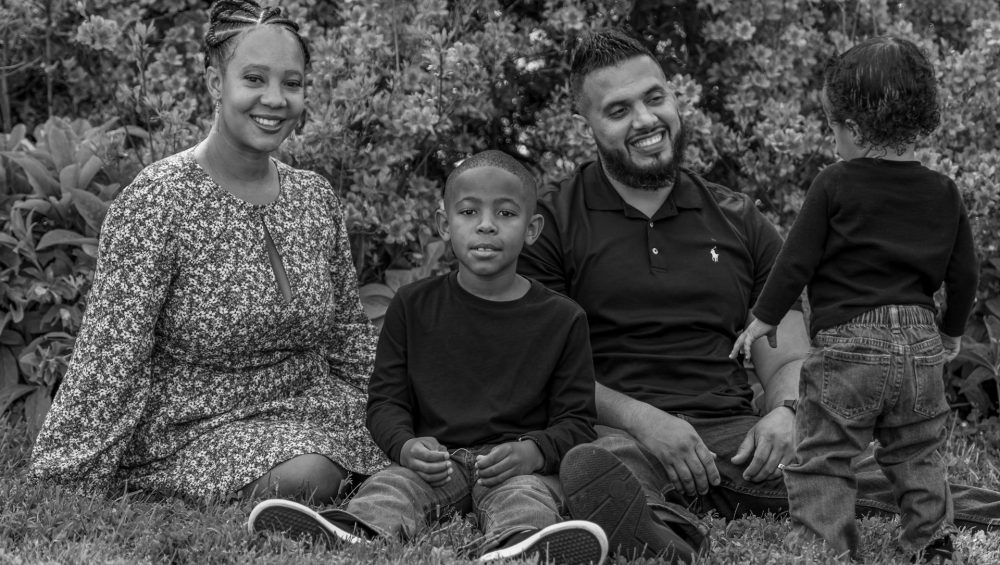Sexual and gender-based violence (SGBV) is not just a women’s issue; it affects everyone and requires the active involvement of all genders to address and eradicate. Men, in particular, have a crucial role to play as allies in the fight against SGBV. In Akwa Ibom State, engaging men as allies can lead to significant progress in preventing violence, supporting survivors, and promoting gender equality.
The Importance of Men as Allies
Men can influence and challenge the societal norms and behaviors that perpetuate SGBV. As allies, men can:
- Challenge Harmful Stereotypes: Men can speak out against and challenge stereotypes and attitudes that normalize or excuse violence against women and girls.
- Promote Respectful Relationships: By modeling and promoting respectful and equitable relationships, men can help prevent violence and create a culture of mutual respect.
- Support Survivors: Men can provide crucial support to survivors of SGBV, helping to break the silence and stigma surrounding the issue.
- Advocate for Change: Men can use their voices and influence to advocate for policies and initiatives that address SGBV and promote gender equality.
How Men Can Contribute to Combating SGBV
Becoming an effective ally requires commitment and action. Here are some ways men can contribute to the fight against SGBV:
- Educate Yourself and Others: Learn about SGBV, its impact, and the importance of gender equality. Share this knowledge with friends, family, and colleagues to raise awareness.
- Speak Out: Challenge harmful behaviors and comments when you see or hear them. Speaking out against SGBV helps to change the culture of silence and complicity.
- Support Survivors: Listen to and believe survivors of SGBV. Offer your support and help them access the resources they need.
- Model Respectful Behavior: Demonstrate respectful and equitable behavior in your relationships and interactions. Your actions can inspire others to do the same.
- Engage in Community Initiatives: Get involved in community programs and initiatives that address SGBV. Your participation can amplify their impact and reach.
- Advocate for Policy Change: Support and advocate for policies that address SGBV and promote gender equality. Engage with policymakers and community leaders to drive change.
- Mentor and Educate Young Men: Teach boys and young men about the importance of respect, consent, and gender equality. Positive mentorship can shape their attitudes and behaviors.
Success Stories: Men Making a Difference
Men who have taken an active role in combating SGBV have made significant contributions:
- Community Leaders: Male community leaders in Akwa Ibom State who speak out against SGBV and promote gender equality have seen positive changes in attitudes and behaviors within their communities.
- Peer Educators: Men who serve as peer educators and role models in schools and workplaces help to spread awareness and promote respectful relationships.
- Advocacy Groups: Male advocates and activists who work with local organizations to address SGBV have successfully influenced policy changes and increased support for survivors.
- Support Networks: Men who participate in support networks for survivors provide essential emotional and practical assistance, helping survivors to heal and rebuild their lives.
Creating a Culture of Respect and Equality
Building a culture of respect and equality requires collective action and commitment. Here are some steps to foster such a culture in Akwa Ibom State:
- Promote Gender Equality: Advocate for and support initiatives that promote gender equality in all aspects of life, including education, employment, and leadership.
- Encourage Open Dialogue: Create spaces for open and honest discussions about SGBV and gender equality. Encourage men to share their experiences and learn from others.
- Support Male Allies: Recognize and support men who are actively working to combat SGBV. Their efforts can inspire others and drive positive change.
- Collaborate with Women: Work in partnership with women and women’s organizations to address SGBV. Collaboration strengthens efforts and ensures diverse perspectives are included.
- Commit to Continuous Learning: Stay informed about SGBV and gender equality issues. Continuous learning helps to challenge biases and deepen understanding.
Men have a vital role to play in combating sexual and gender-based violence. By educating themselves, speaking out, supporting survivors, and advocating for change, men can be powerful allies in the fight against SGBV. In Akwa Ibom State, let us work together to create a culture of respect, equality, and safety for all. Your actions as an ally can make a significant difference in building a future free from violence.






